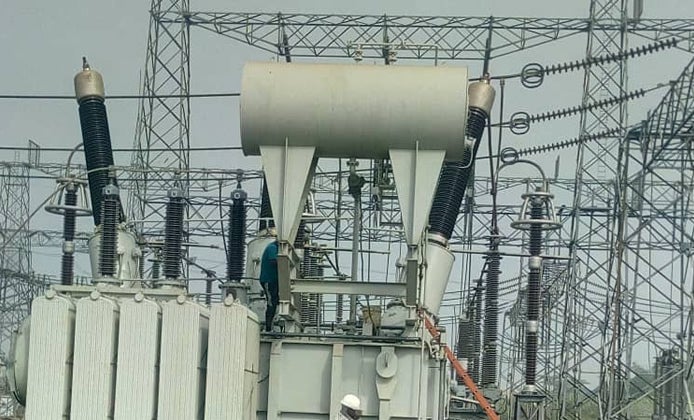Nigeria now has the highest number of people lacking electricity access in the world with a total of 85 million Nigerian citizens, a report co-authored by the World Bank has disclosed.
The report was co-authored by Extractives Global Programmatic Support (EGPS) and the global Extractive Industries Transparency Initiatives (EITI) on the works of the Nigeria Extractive Industries Transparency Initiative (NEITI) which they lauded.
Both entities explained that the works of NEITI had set enviable standards for reporting the activities of countries’ extractive industries.

They, however, noted that the works of NEITI on identifying and helping the country to recover misplaced extractive revenues should contribute to far-reaching reforms that would give the un-electrified population access to electricity.
“Nigeria now has the highest number of people lacking electricity access in the world, at a total of 85 million Nigerian citizens.
“Greater transparency and accountability should contribute to an overall reform process that helps Nigerians gain crucial access to electricity and accelerates the government’s economic recovery and growth plan,” thry stated in the article.
According to the report, the bank’s EGPS is multi-donor trust fund which supports developing countries to govern their oil, gas and mineral resources in a sustainable and transparent manner to reduce poverty and boost shared prosperity.
It explained that Nigeria has made good improvements in the governance of its oil sector, bringing greater transparency and publishing credible and trusted data through the NEITI.

“Reports, policy briefs and other knowledge products published by the Nigeria Extractive Industries Transparency Initiative (NEITI) have been a catalyst for ongoing reforms and have helped the country to identify about USD 20 billion in recoverable revenues, and to recover approximately USD 3 billion into government coffers to date,” it added.
Nigeria, it noted was one of the first oil-producing developing countries to engage with the EITI and enacted the NEITI Act in 2007 which is devoted to improving transparency, accountability and good governance through EITI implementation.
It said that: “The country’s early adoption of the EITI has seen NEITI become a “one-stop shop” for information and accurate data across the extractive sector value chain. Previously, the industry was opaque, with little reliable public information on production levels, crude oil losses, and government investment in the upstream projects or downstream information.”
“The EITI in Nigeria encountered some initial hurdles in publishing accurate and timely reports on key sector data, such as production, revenues and governance processes. Some reports were delayed by several years, meaning that those who could hold the state accountable for oil revenues – such as investors, companies, civil society organisations and the media – received data only several years after the reporting period.
“With the help of the World Bank’s Extractives Global Programmatic Support Trust Fund, NEITI has now succeeded in producing its reports in a much more timely and efficient manner. Most recently, NEITI achieved a key milestone: publishing its oil and gas report for 2018 in March 2020, nine months ahead of the EITI’s reporting deadline. This is a first for Nigeria and an improvement in the effectiveness of its reporting under the EITI,” the article stated.
It also noted that from NEITI’s findings, it has been able to publish policy briefs that have raised awareness on key issues such as the debts owed the country by the Nigerian National Petroleum Corporation (NNPC) and losses from an outdated oil production regulation.

“A 2017 policy brief on unremitted funds highlighted more than USD 20 billion which the national oil company, the Nigerian National Petroleum Corporation (NNPC), should have contributed to government revenues, highlighting the urgent need for oil sector reform. The brief received widespread attention, generated a national dialogue, and caught the attention of decision-makers.
“Another policy brief highlighted the failure of the Federal Government to adjust the royalty in production-sharing contracts in line with the price of oil and inflation, as provided in the Deep Offshore and Inland Basin Production Sharing Contract Act. The brief contributed to an amendment to the law, which was then enacted eight months later, “said the article.










Your article helped me a lot, is there any more related content? Thanks!